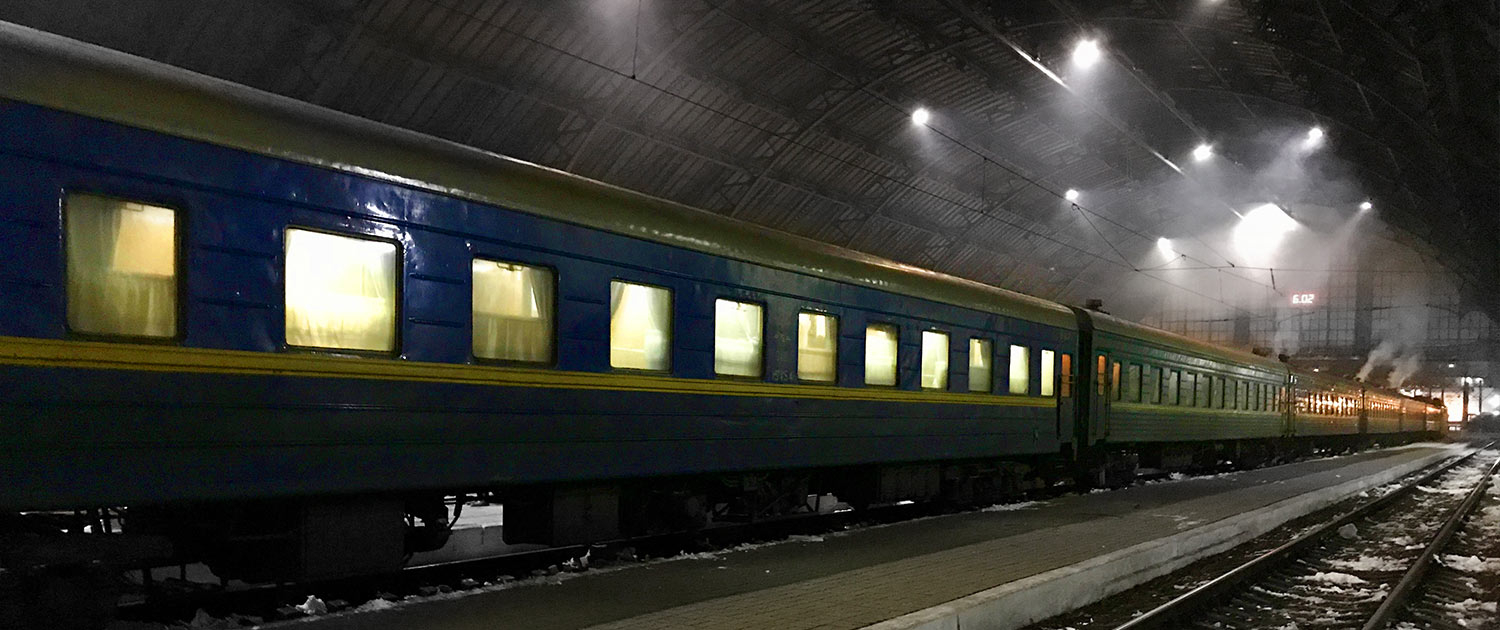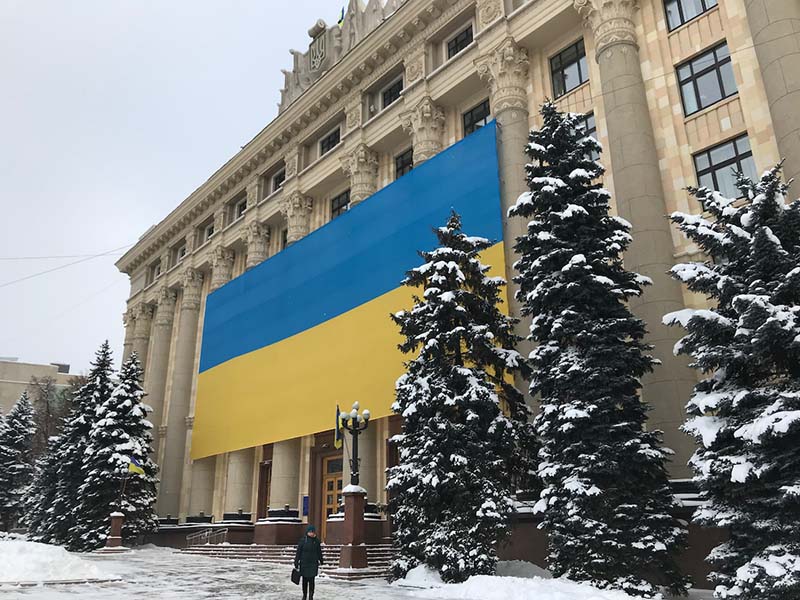Ukraine: Political Insight & Expert Analysis

Russia’s Attack on Ukraine
Russia’s attack on Ukraine has the potential to disrupt 30 years of post-cold war predictability in Eastern Europe, the Caucasus and Central Asia. As Russia confronts a disastrous defeat in its war of aggression, regional dynamics that seemed unthinkable prior to 24 February 2022 could start to emerge. In Ukraine, especially, the war has already upended years of stable dynamics in public attitudes on topics like relations with Russia, political leadership, judicial reform and corruption. These will continue to shift as the war continues in ways that are difficult to predict.
When the Predictable Becomes Unpredictable
With Russia in retreat, how space for democratic development, civil society activism and media freedom could open up in these countries is as uncertain as it is intriguing. Ukrainians and Belarusians are at vastly different stages of their democratic development, but both are poised to emerge stronger when the kleptocratic grip of Russia is loosened.
Ukraine could become a regional leader on democratization, providing a model for Belarusians and Moldovans, and perhaps even Russian anti-imperialists who want something different for their future. With Russia distracted, Viktor Orbán in Hungary and Aleksandar Vučić in Serbia may be forced to reassess the economic, political and security calculations they’ve made over the past decade.
The environment for democratic development, from Serbia to Russia to the Caucasus and Central Asia, may shift as rapidly as it did in 1991. Tracking public opinion as it changes will result in better informed strategic decisions and fewer missed opportunities for advocates, policymakers and companies active in the region.


Nearly Two Decades of Eastern Europe Experience
After an early career in Warsaw in 1991, Quirk Global Strategies started working in the Caucasus and Central Asia in 2004 and Ukraine in 2006. Few western consultants have the depth and breadth of experience measuring and using Ukrainian public opinion as Christine Quirk. She has conducted hundreds of focus groups, interviews and surveys on topics as diverse as emerging political forces, LGBTQI, Russian disinformation, women in politics and transitional justice in support of advocacy campaigns. She has worked in nearly every Oblast and continues to consult with clients, despite the challenges presented by the Russian invasion. Based in Europe, we are attuned to political developments on the continent and conveniently located for easy travel.
A Finger on the Wartime Pulse
Throughout the war, QGS has also been working on innovative ways to understand public opinion in Belarus without putting respondents or field staff at risk. We have been also keeping close tabs on the dynamics shaping Russia, Poland and Serbia as well as the Caucasus.
Change is coming. Quirk Global Strategies can help you understand and be ready for new opportunities.
